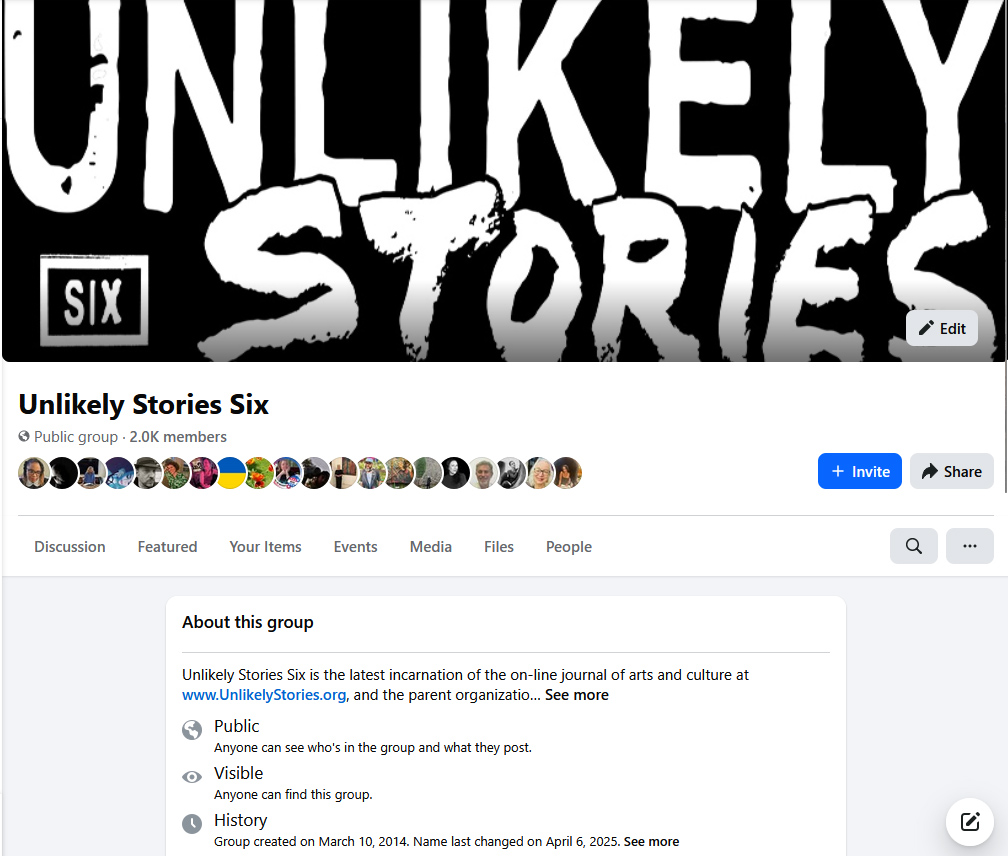by Titoxz
Junior year, I immersed myself deeper in critical theory, earning a spot in an advanced seminar taught by a Frankfurt School devotee. We read texts that systematically dismantled the hidden apparatus behind capitalism and institutional power. My evolving thesis, which would become my doctoral project, was “Instrumental Reason and the Commodification of Lived Experience.” Each chapter placed a scalpel to society, dissecting how schools, the justice system, healthcare, and religion had all corroded under the priority of profit. I was thrilled to discover entire canons that confirmed my darkest suspicions: that everything was for sale in the modern era, including basic human spirit.
That sense of lonely triumph was cut by an unexpected encounter with a sociologist named Elena Michaels. I had given a guest lecture in a class about corporate sponsorships eroding the autonomy of public schools. While the other students filed out, Elena remained at her desk, flipping through her scribbled notes. Her first remark was a calm critique: “You missed how race and class amplify this corporate meddling—especially in chronically underfunded districts.” She’d spent summers researching precisely that. Intrigued, I invited her for coffee at the musty campus café.
What followed was a conversation that shook me. Elena described modern society as a “viral system,” an organism that devours resources and mutates to protect power structures. She was every bit as radical and incisive as I was, but behind her criticisms glimmered a guarded optimism. She believed that small pockets of genuine empathy and grassroots activism could push back. For me, it was stunning: someone who read the world’s corruption as keenly as I did, yet refused to slide into absolute despair.
My own lecture series now had a new, enthralled audience member. Elena would slip into a seat at the back, watching with an intensity that made me strive to refine my indictments. Afterward, we’d chat for hours. Our debates on capitalism’s infiltration of human life were electric—her angles always sharpened with field observations about real communities. Igor, meanwhile, was abroad on some fancy business program. By the time he returned, Elena and I had decimated whatever remained of the boundary between intellectual camaraderie and emotional closeness. I was unaccustomed to tenderness, but it crept in all the same—late-night discussions morphing into unspoken confessions, her warm presence countering my existential gloom. Her stance that pockets of genuine kindness still mattered balanced the gravity of my cynicism. Without fanfare or confessional theatrics, we became intimately joined.
When Igor came back and found Elena at our apartment, he eyed us with polite surprise. At the dinner table over leftover noodles, Elena’s unwavering logic clashed with Igor’s new managerial values. He championed harnessing corporate illusions for better ends; she dismissed that as top-down paternalism. I tried to moderate, but the rift was evident. He belonged to an ambitious business sphere; she to a tireless quest for truth beneath power structures. That tension threaded itself into our dinners, our jokes, our recollections of past years. I prayed we could keep it all from exploding.





Add comment